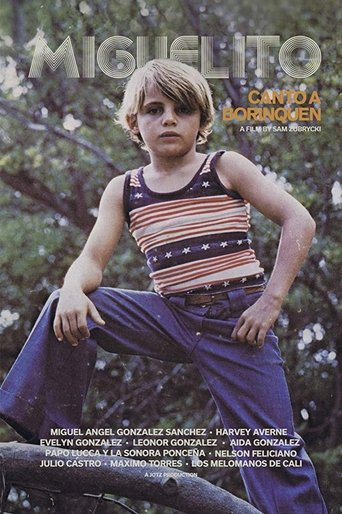
07 Mar 2019

Miguelito - Canto a Borinquen
In 1973, eleven year old Miguelito was discovered singing in the San Juan airport by the legendary New York record producer Harvey Averne. Within the year, he went from the slums of Manuel A Perez, to recording an album with some of the finest salsa musicians of the time to finally performing with Eddie Palmieri at Madison Square Garden in front of 20,000 people. Throughout Latin America his songs ‘Payaso’ and ‘Canto a Borinquen’ had become cult hits. And then he simply disappeared...
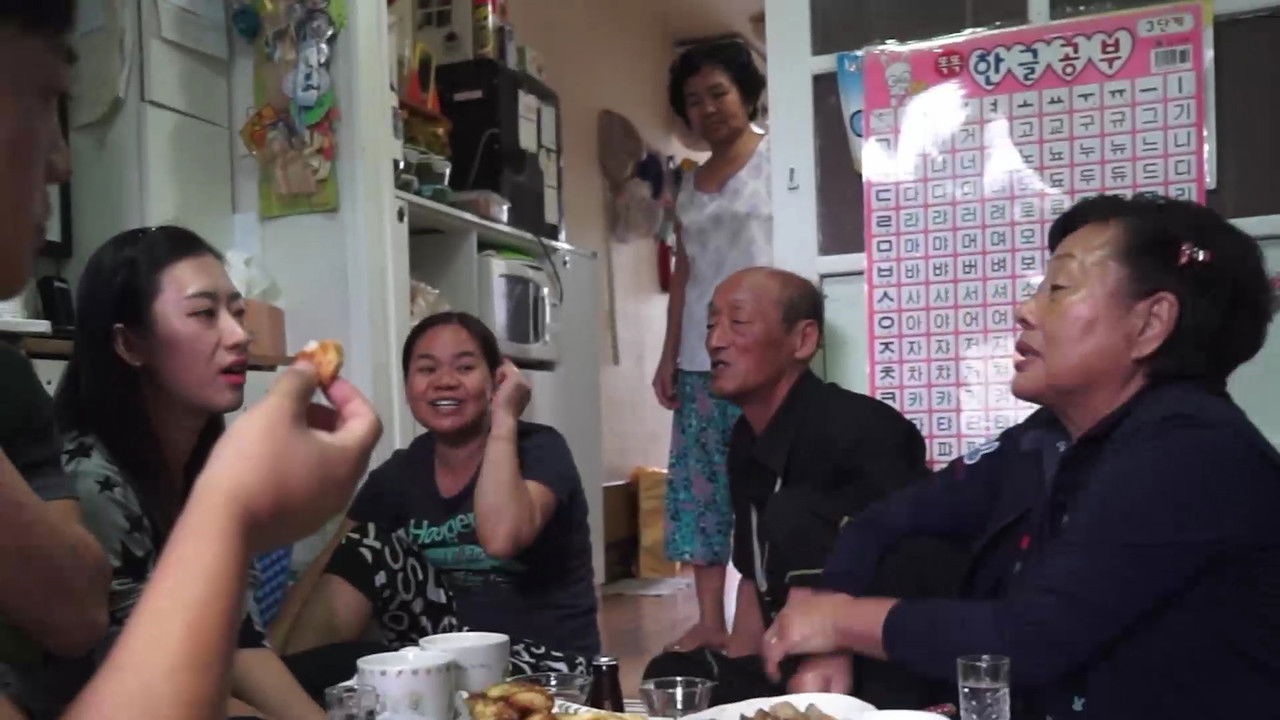
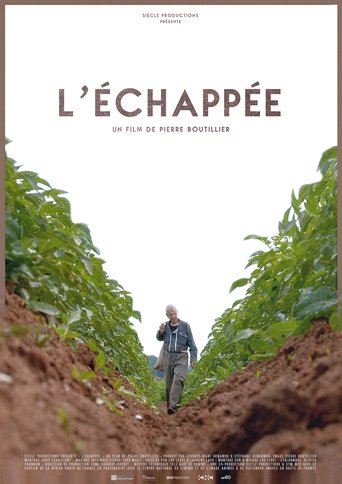

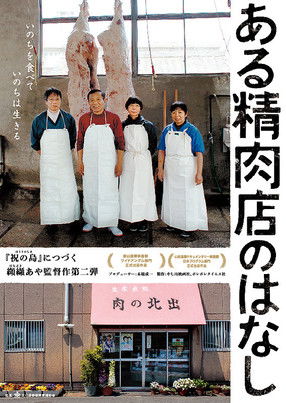


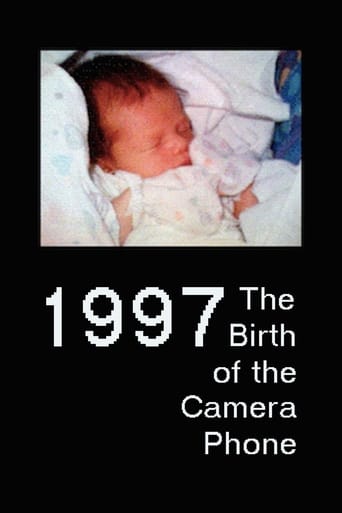


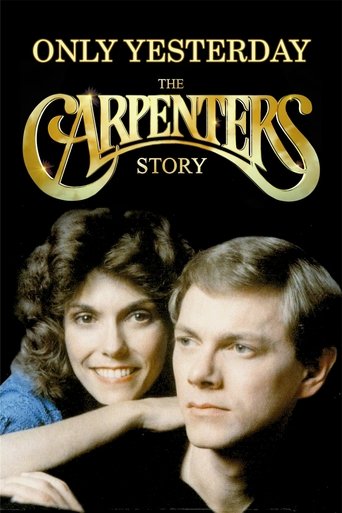
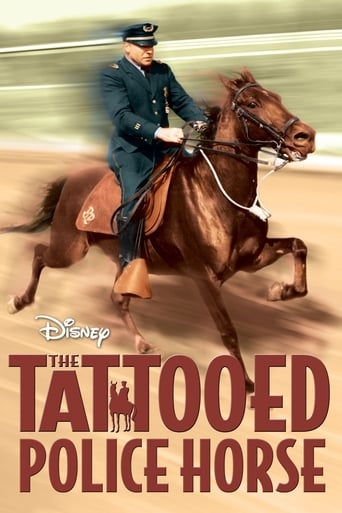
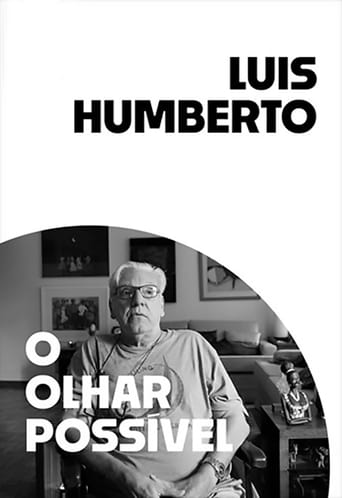
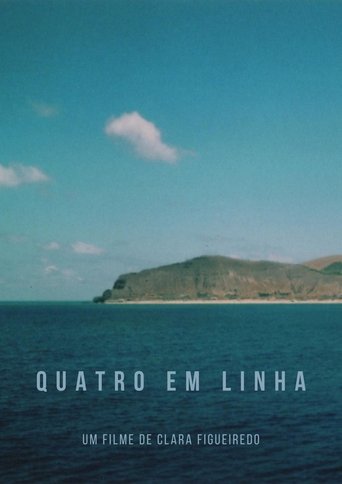




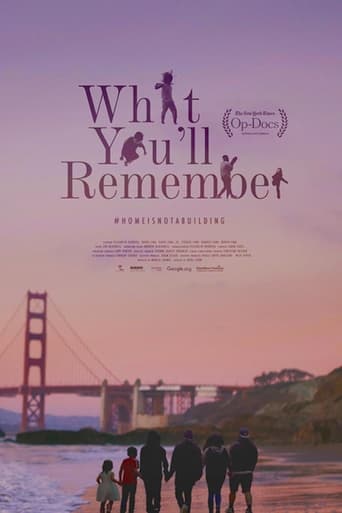
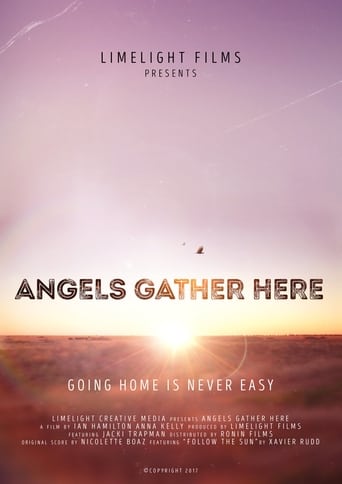
![Morkovcha [Korean Carrot Salad]](https://image.tmdb.org/t/p/w342/zB8wUIPEjzkOxuZcSVx1q5hcAvz.jpg)